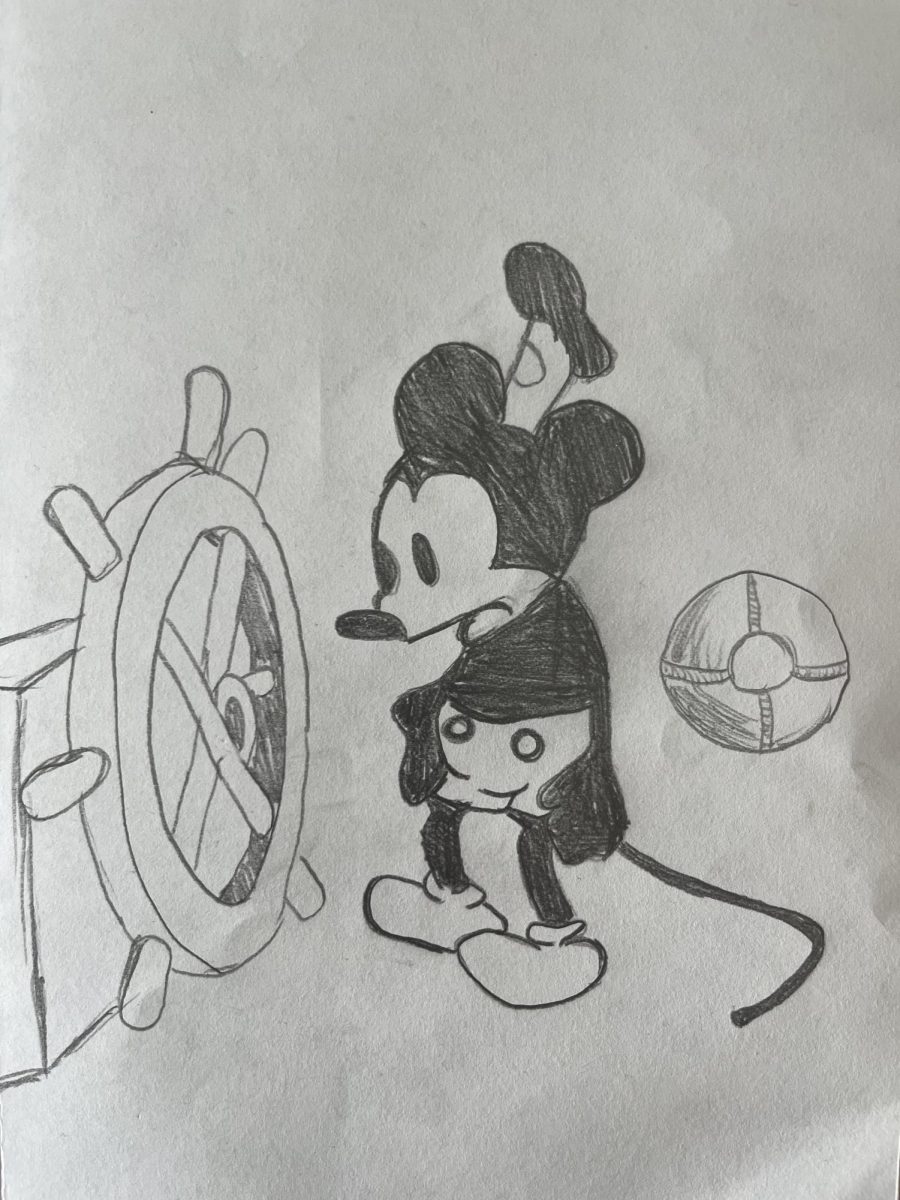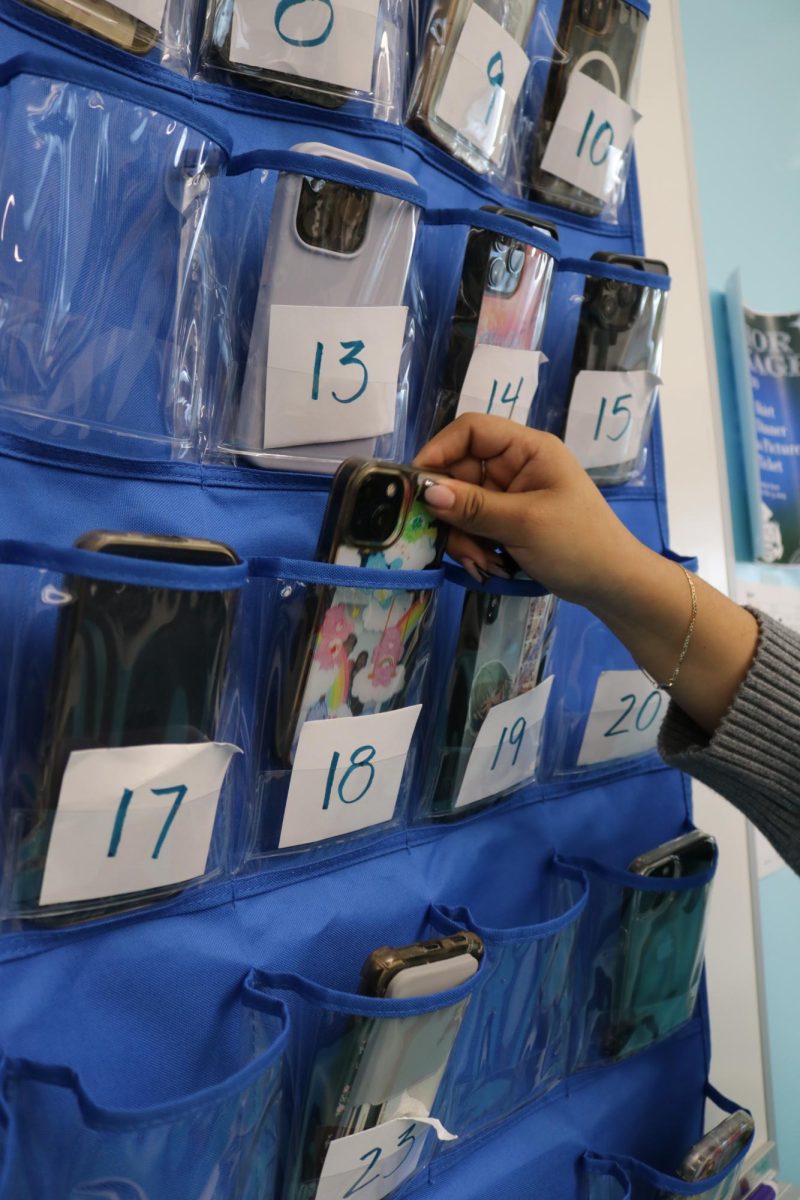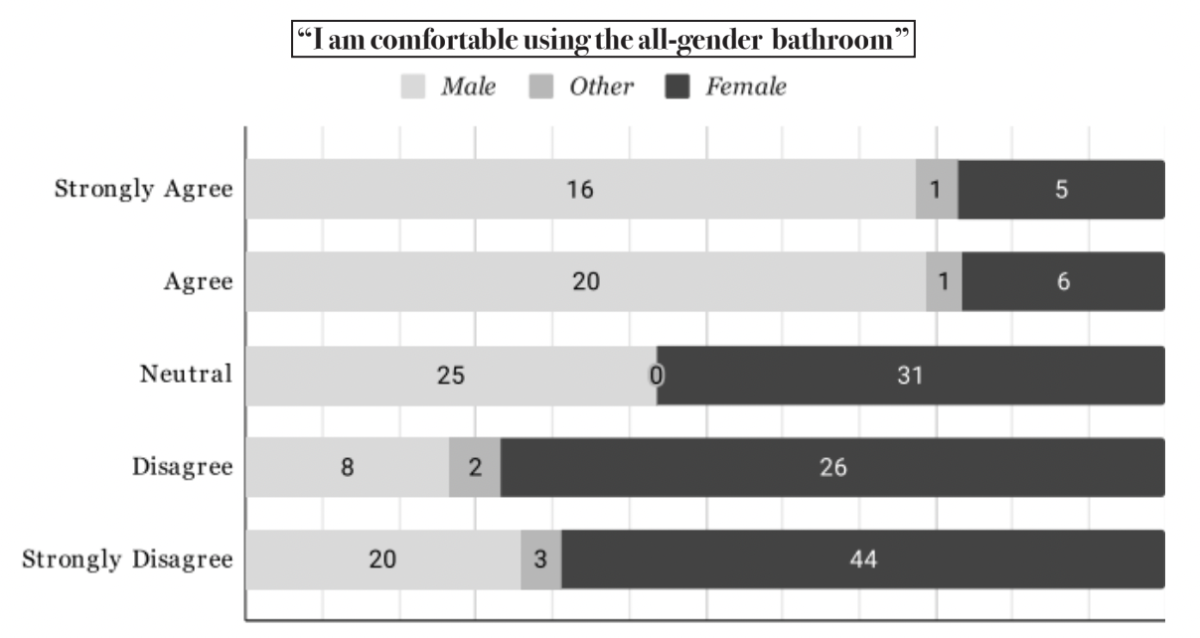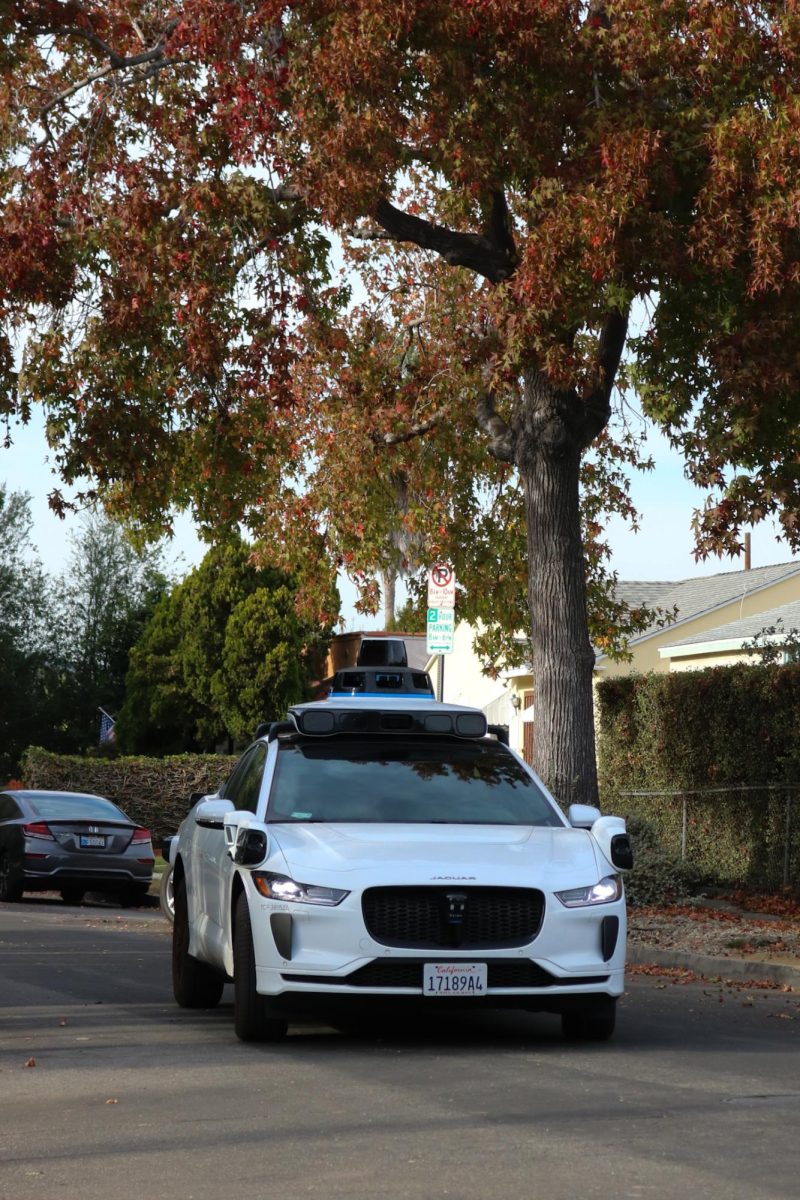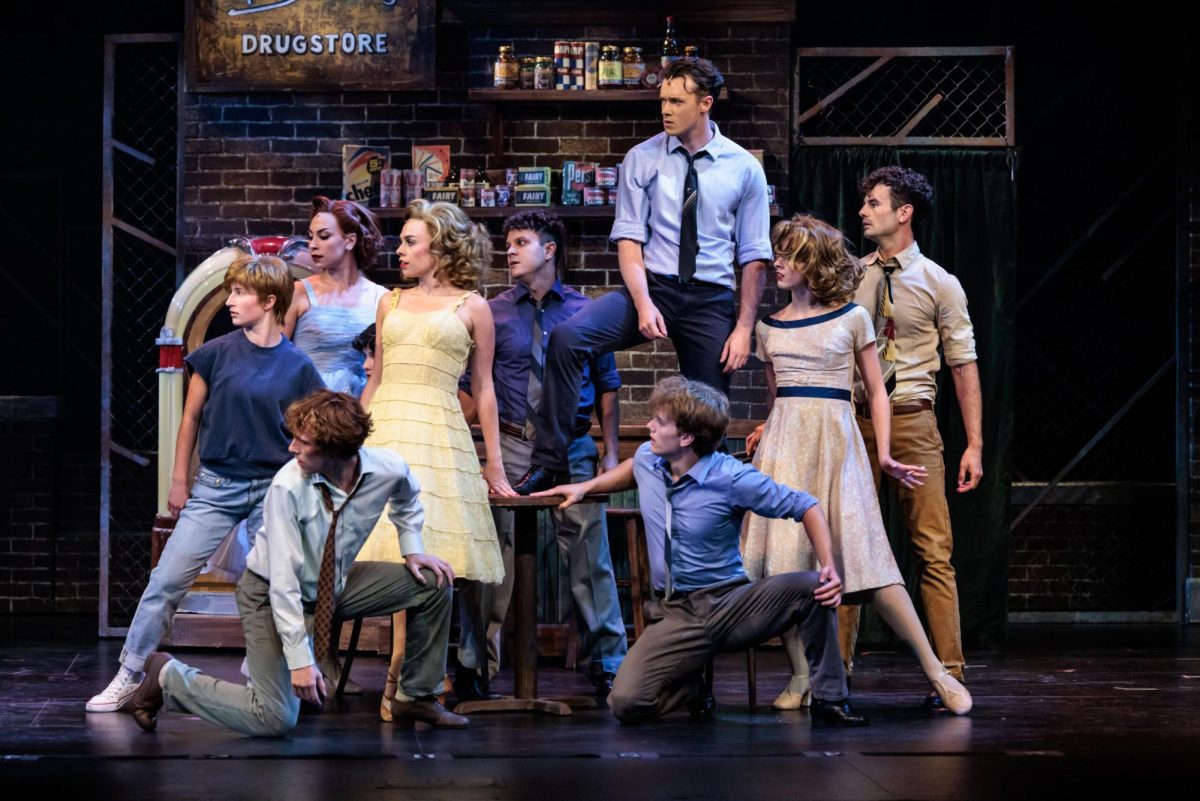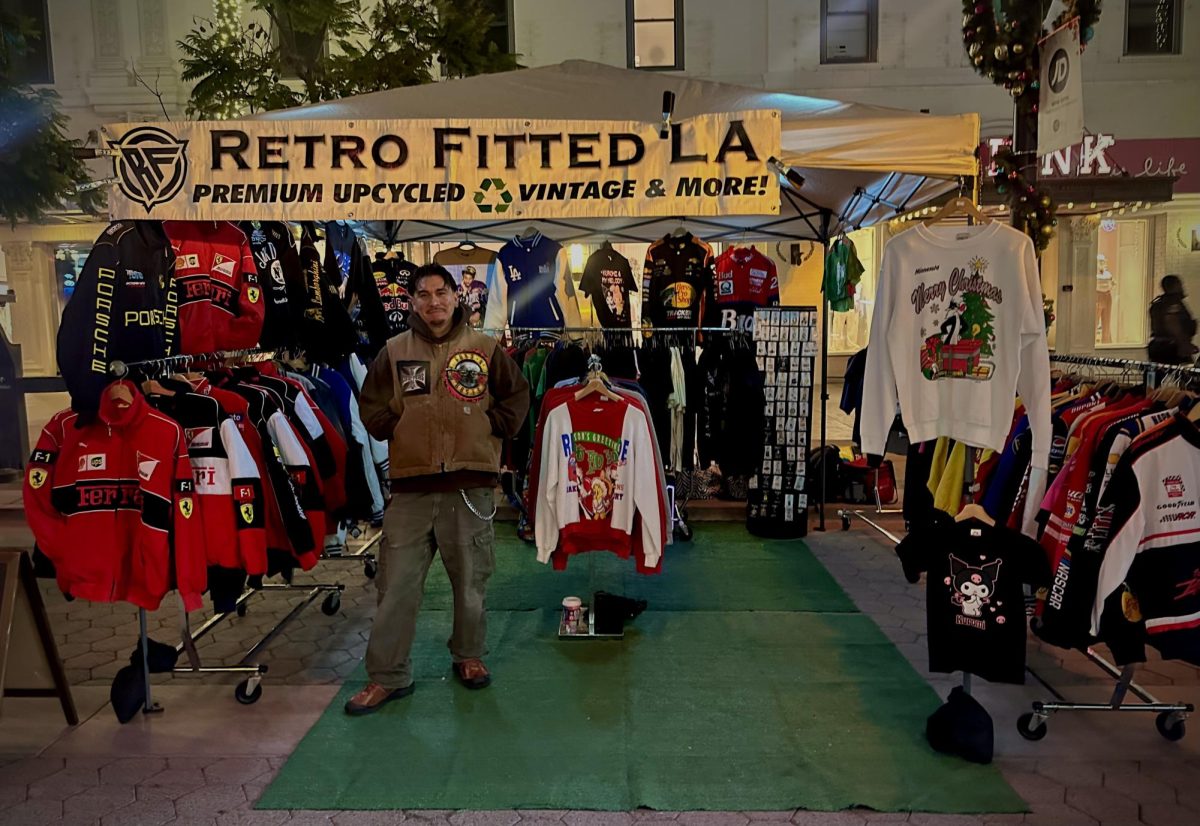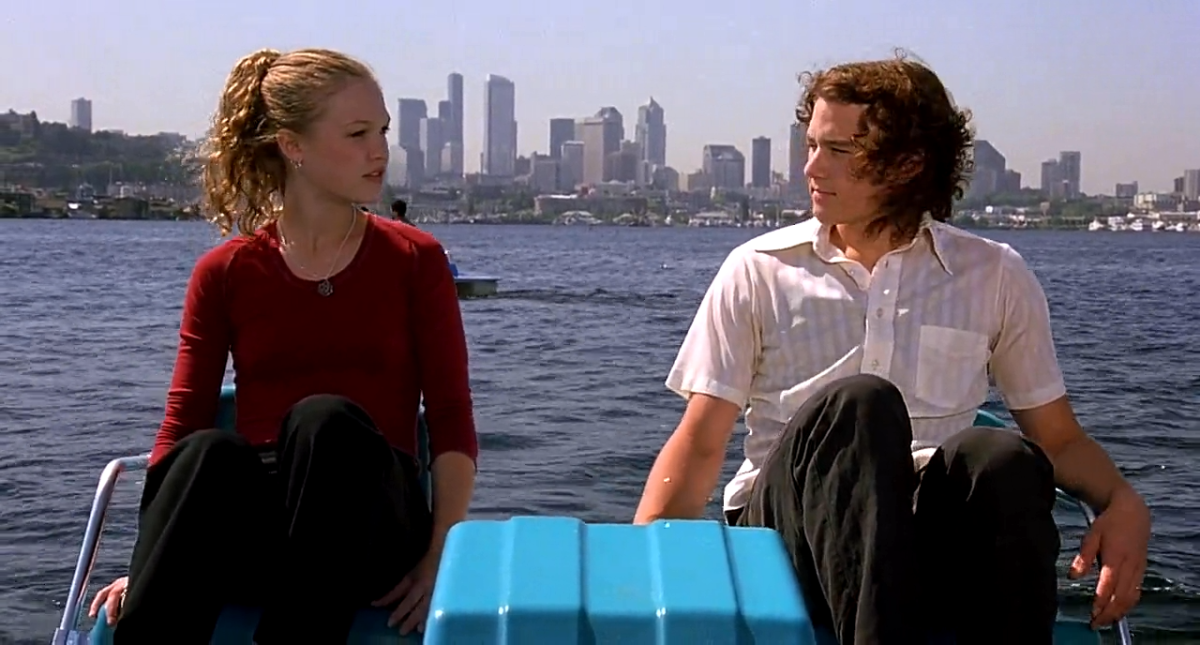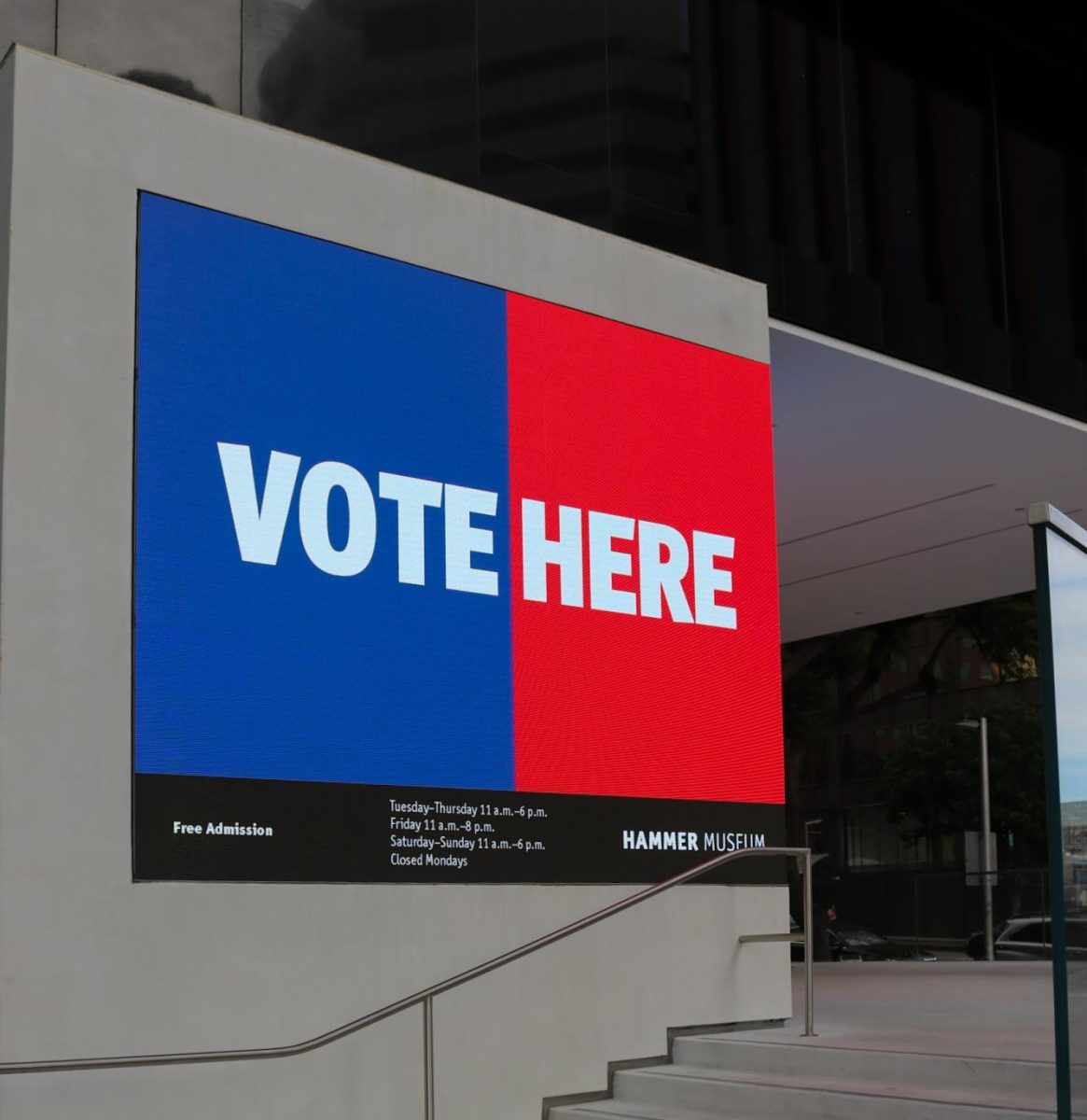Mickey Mouse is now a freelancer!
Well not really—but Disney’s copyrights to Mickey Mouses’ first appearance as Steamboat Willie have been revoked after 95 years due to the U.S. copyright law.
The U.S. copyright law states that the rights to a character expire 95 years after their initial release. Steamboat Willie, Mickey’s debut animation, was produced in 1928 which now confirms the rights of the character officially lost in 2024.
Robert Rosenberg owns a company called Bitty Boomers, and he is a licensee of Disney and many others. As a licensee for Disney, his insightful comments added clarity to the copyright situation for Mickey Mouse.
“It would seem that with the copyright expiration and Steamboat Willie entering the public domain, anyone could freely use Mickey Mouse for various purposes like producing cartoons, movies, T-shirts, and more,” he said.
Rosenberg stated that even though artists can use Steamboat Willie’s version of Mickey for personal projects, creating a brand based on the iconic character’s image may violate Disney’s trademark right, which unlike copyrights, are permanent.
According to Rosenberg, an independent slasher movie called Winnie-the-Pooh: Blood and Honey was released in theaters in 2023. The movie consisted of all the classic characters and turned the loveable, honey-eating bear into a savage killer.
“In the United States, it’s not only possible, but can also be a recognized form of artistic expression known as trademark parody,” he said. Trademark parodies are a form of humorous or satirical commentary that uses a well-known trademark in a playful or critical manner.
Rosenberg stated that although trademark parody is legal, it is usually frowned upon by the creator of the trademark itself.
“Typically, the target of that humor or satire is not amused,” he said. “Companies invest a lot of time, effort, creativity, and resources into building their brands and creating positive associations with their trademarks. Thus, if a famous brand owner believes that the use of its trademark by a third party may damage its reputation, the company could take legal action against a parody mark to protect its image and trademark rights.
“I can assure you as a licensee contractually bound by Disney they will use every legal tool available to protect their beloved characters now and in the future. Other than a few laughs, I don’t think it will have any major impact.”
Overall, Mickey Mouse is still legally protected by Disney, and others will still require Disney’s approval before using Mickey and Mickey Mouse materials for movies, shows, advertisements, clothing or merch.


